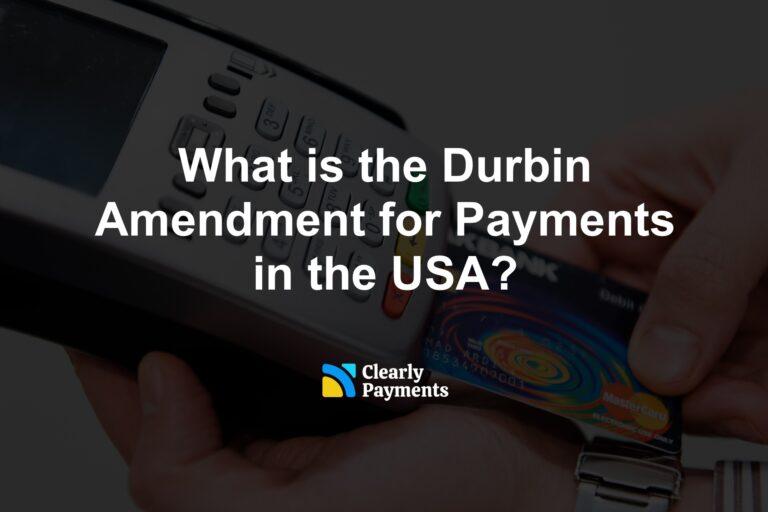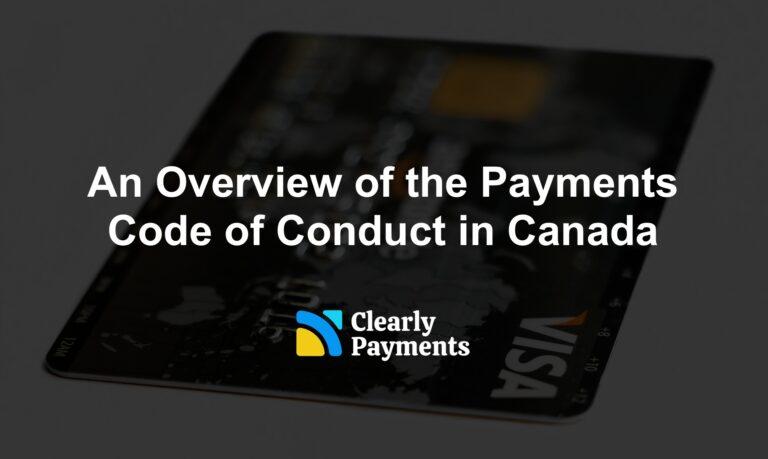Credit card processors (or merchant service providers) have exposure to losing the money. That’s the risk which merchant account providers take. By the way, here’s a great book on the history of risk.
Some merchants process $20,000/year in credit card sales, some process $200 million/year. The higher the credit card processing amount, the more the exposure to risk there is for credit card processors.
Example of the risk for credit card processors
Let’s say a merchant sells $1 million in a month in products. Now say this merchant cannot deliver the sold products to the end customer and declares bankruptcy for whatever reason. The consumers will get their money back from the credit card issuer, but someone has to pay that $1 million. If the business is bankrupt, the payment processor is on the hook to pay. Now there is the risk that payment processors take.
Merchants with different products, billing cycles, industries, and business stages have different risk levels, resulting in higher fees to offset the risk. You can read why some merchants pay higher fees.
Underwriting in payment processing
Underwriting is the process in which a payment processor accepts liability and therefore guarantees payment in case loss or damage. The word “underwriter” comes from the practice of having the risk-takers write their name under the total amount of risk they are willing to accept Underwriting occurs in many industries: insurance, banking loans, mortgages, etc.
The underwriting process by merchant account providers and payment processors is really about collecting information. These are the main things they will look into:
- Business type: what products and services are sold and to whom
- Years in business: the longer in business means less risk (2+ is good)
- Chargeback history: has there been past issues with chargebacks (ie. higher than 1% rate)
- Billing method: do you charge quarterly or annually (the shorter the billing method better)
- Business owner credit score: the higher the credit score, the better
- Requested sales volume: higher volume means higher risk
The underwriting process in getting a merchant account may sound like a difficult process, but in fact it is very streamlined. Good merchant providers can normally do all this and get you approved in less than one day.
It’s well worth it to get this done and approved at the start of your business than while you’re up and running. It gives you the ability to start building a credit history quickly so you have more financing options for the future.




